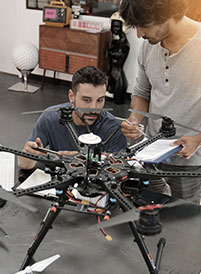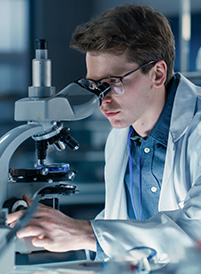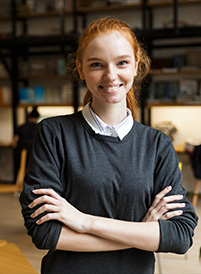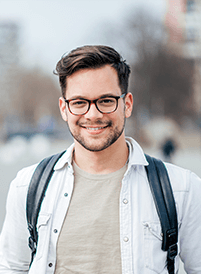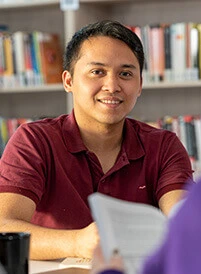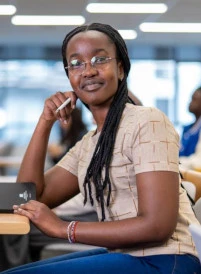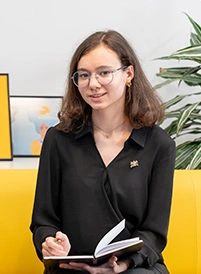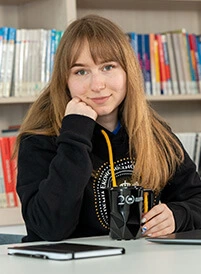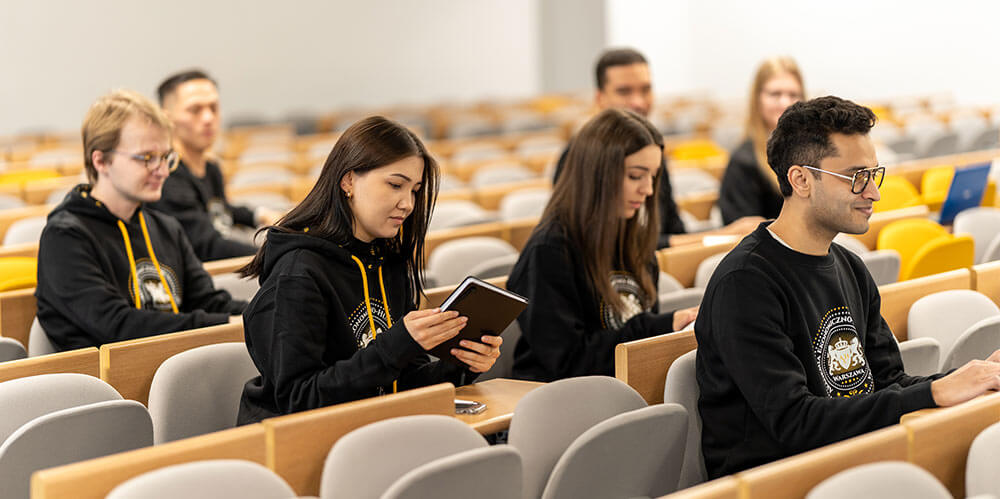As part of the National Centre for Research and Development’s competition “Actions to promote equal opportunities and active participation in social life,” the University of Economics and Human Sciences in Warsaw received funding to implement the project “Vizja Home – University for All.” The project’s budget amounts to 8,877,858.74 PLN.
Project Objective
The “Vizja Home – University for All” project will be implemented from 2025 to 2028. Its primary goal is to create conditions for the full participation of all individuals, including those with disabilities and others with special needs, in the life of the university and the academic community. Accessibility will be ensured during recruitment, education, scientific research, participation in cultural and sports events, and employment—on an equal basis with others.
The main objective of the project is to create accessible working and learning conditions for the entire university community. We are creating a barrier-free university. A university where crossing the threshold will no longer be a challenge for anyone. A university where administrative staff and lecturers are open, and procedures are friendly to all. Vizja Home is not just the name of the project but also the place we want to create. We want everyone to feel calm, safe, and comfortable here, just like at home, and to be able to count on appropriate support – says Aleksandra Głowacka-Tatara, Director of the Office for Persons with Disabilities.
Sample Activities within the Project
The project will undertake activities in the following areas, among others:
- Organizational Structure – Organizational solutions and standards for ensuring accessibility will be implemented in all organizational units of the university and its branches. For instance, Accessibility Coordinators will be appointed to ensure accessibility and collaborate with the Office for Persons with Disabilities.
- Architectural Accessibility – The main campus and its branches will be adapted to the needs of blind and visually impaired individuals by installing vertical and horizontal Braille signage. Adaptations will be made to the main building’s entrance doors and the entrance to the Office for Persons with Disabilities. Six “Quiet Zones” tailored to the needs of individuals with special requirements, including those with disabilities, will be established at the main campus and its branches.
- Information and Communication Accessibility and Technologies – An innovative navigation-communication-warning system will be implemented, providing optical and acoustic signaling to facilitate movement and evacuation for individuals with special needs, including the blind. New solutions will be introduced to enhance educational accessibility for deaf and hard-of-hearing individuals, such as installing induction loops in three lecture halls in the main building.
- Digital Accessibility – Audits of websites and mobile applications will be conducted in accordance with current WCAG standards, followed by necessary adaptations to ensure full accessibility of key websites and applications. Standards for ensuring digital accessibility will be developed and implemented, with regular training on creating accessible websites and content.
- Procedures – Internal and university-wide procedures will be developed and implemented to guarantee accessibility in all administrative and educational units.
- Services Supporting Education – Individual psychological and advisory support will be organized for students, doctoral candidates, and staff. Consultations with psychiatrists, psychologists, coaches, career advisors, dietitians, and other specialists will be provided as needed. Support groups for students, including those utilizing art therapy methods, will be conducted. Sports activities tailored to individuals with special needs, including those with disabilities, will be organized.
- Activities Raising Disability Awareness – Training sessions will be held for academic staff, educators, and students on topics such as working and communicating with individuals with various types of disabilities, adapting educational materials (e.g., creating content in plain language), and creating accessible websites and applications. Numerous awareness and integration events will be organized for the entire academic community, such as Academic Autism Awareness Days. An outing for all university staff to the “Invisible Exhibition” will be arranged.
All project activities carried out over the next four years will ensure that the University of Economics and Human Sciences in Warsaw and its branches become accessible to everyone. It’s worth noting that today, the Office for Persons with Disabilities supports nearly 600 individuals with special needs, including approximately 500 people with disabilities (holding disability certificates) and about 100 individuals with special needs (whose difficulties are confirmed by other documents, such as medical records).
We are pleased that individuals with special needs, including those with disabilities, are increasingly choosing our university. This is the best proof that our work, actions, and the changes we implement are meaningful. We believe that ensuring accessibility not only provides equal opportunities for higher education and a better future but also gives individuals wings and faith in themselves – adds the Director of the Office for Persons with Disabilities.
The project aligns with the goals and provisions of the UN Convention on the Rights of Persons with Disabilities, the Act of July 20, 2018, Law on Higher Education and Science, the Constitution of the Republic of Poland, Equality Guidelines, and the provisions of the Act on Ensuring Accessibility for Persons with Special Needs of July 19, 2019.
Project Office:
Office for Persons with Disabilities (BON)
University of Economics and Human Sciences in Warsaw
59 Okopowa Street, Room 233, 01-043 Warsaw
Email: bon@vizja.pl, Phone: 22 536 54 12
Website: bon.vizja.pl



